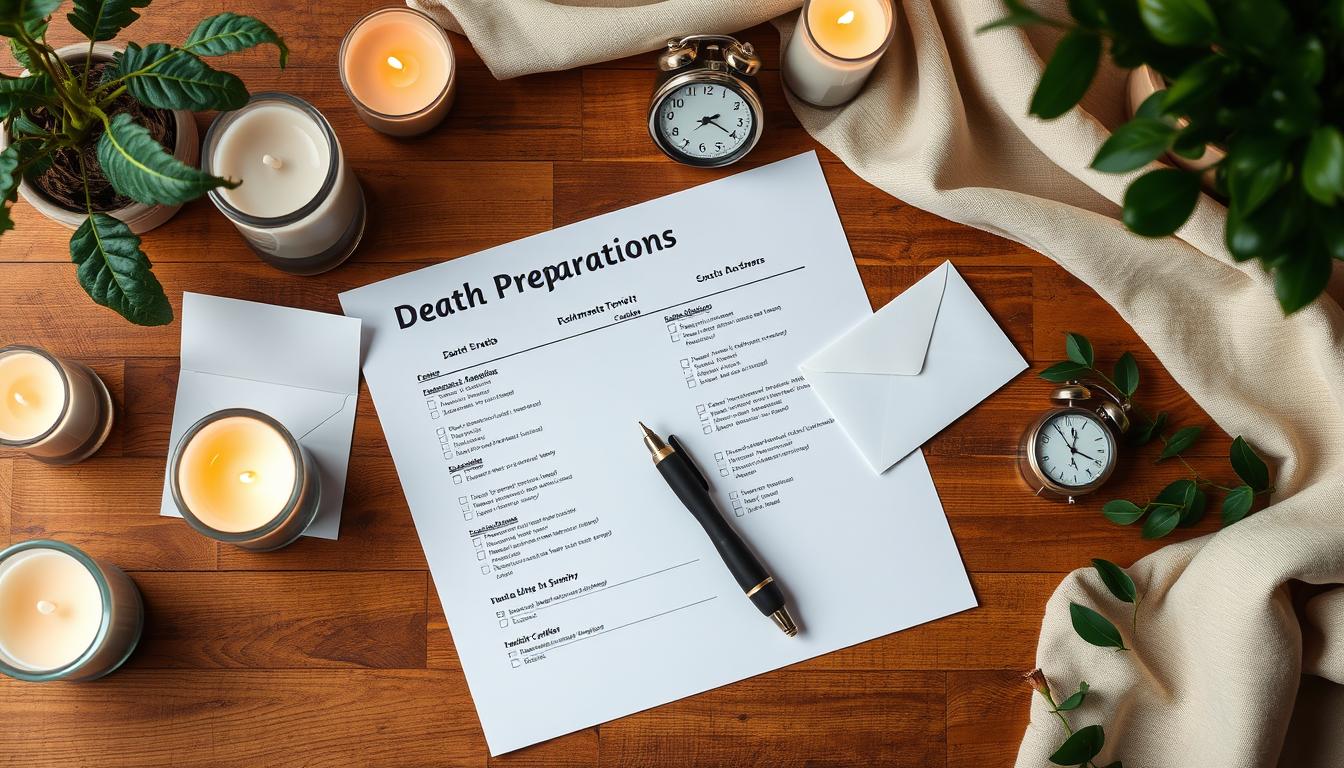Ever thought about what it takes to stay sober and achieve lasting recovery? The journey to recovery is tough, but with the right mindset and strategies, you can beat addiction and take back your life. This guide will show you 10 proven ways to stay sober and live a healthier, more fulfilling life.
Key Takeaways
- Understand your personal triggers and risk factors for relapse
- Set clear and achievable recovery goals to stay motivated
- Develop a strong support network to aid your sobriety journey
- Incorporate mindfulness techniques to manage stress and cravings
- Learn effective coping mechanisms to handle triggers and temptations
Starting your sobriety journey is brave and life-changing. But how do you make sure your recovery lasts? What strategies can help you stay sober long-term and avoid relapse? Find out in this guide and start your journey to a lasting recovery.
Understanding Your Sobriety Journey: First Steps to Recovery
Starting your journey to overcome addiction is both challenging and rewarding. The steps you take first are key to your success. They help you beat addiction and live a healthy, happy life. Let’s look at important things to think about as you start your sobriety journey.
Identifying Personal Triggers and Risk Factors
Recovery comes with its own set of hurdles. Knowing your personal triggers and risk factors is crucial. Think about what situations, feelings, or places might make you want to use drugs again. Understanding these can help you plan how to avoid them and stay sober.
Setting Clear Recovery Goals
Setting clear goals is a vital part of your recovery. These goals should be specific, measurable, and fit your needs and dreams. Whether it’s getting healthier, reconnecting with family, or finding a new career, having goals keeps you on track and motivated.
Creating Your Support Network
Having a strong support network is priceless in your recovery. Look for support groups, counselors, and people you trust. They can offer emotional, practical, and social support. This support helps you face challenges and stay on the path to sobriety.
Remember, your sobriety journey is a personal and empowering experience. By taking these first steps, you’re setting yourself up for long-term success and a fulfilling life without substances.

“The journey of a thousand miles begins with a single step.” – Lao Tzu
Building a Strong Foundation for Staying Sober
Maintaining sobriety is a lifelong journey. Building a strong foundation is key for long-term success. Healthy habits and effective coping strategies help create a daily routine that supports your recovery.
Healthy habits are a crucial part of a strong sobriety foundation. This includes:
- Establishing a consistent sleep schedule
- Incorporating regular exercise into your routine
- Adopting a balanced, nutrient-rich diet
- Engaging in hobbies and activities that bring you joy and fulfillment
Effective coping strategies are also vital. This may involve:
- Practicing mindfulness techniques, such as meditation and deep breathing
- Developing a network of sober support, including counselors, therapists, and recovery groups
- Identifying and addressing emotional triggers that may lead to cravings or relapse
- Creating a plan for managing stress and overwhelming emotions in a healthy manner
By incorporating these elements into your daily routine, you build a solid foundation. This approach supports your sobriety, healthy habits, and coping strategies. It helps you face recovery challenges with resilience and self-compassion.
| Healthy Habit | Benefit |
|---|---|
| Regular Exercise | Improves mood, reduces stress, and boosts overall well-being |
| Balanced Diet | Provides essential nutrients for physical and mental health |
| Consistent Sleep Schedule | Supports cognitive function, emotional regulation, and overall healing |
“The journey of a thousand miles begins with a single step. Establish your foundation, and the path ahead will become clearer.”
Building a strong foundation for sobriety is an ongoing process. Be patient and kind to yourself. By focusing on your health, well-being, and coping strategies, you’ll build a solid base for maintaining sobriety and thriving in your recovery.
Essential Mindfulness Techniques for Recovery Success
Mindfulness can be a strong ally on your path to sobriety. By adding mindfulness practices to your daily life, you can grow in self-awareness and manage stress better. This can improve your overall well-being. Let’s look at some key mindfulness practices that can help you succeed in recovery.
Practicing Daily Meditation
Spending a few minutes each day on meditation can greatly benefit your mental and emotional health. It could be a guided meditation or focusing on your breath. This practice helps you find calm in the midst of recovery’s challenges. It trains your mind to stay present and focused, making you more resilient and clear-headed.
Developing Emotional Awareness
Mindfulness also means understanding your emotions better. By tuning into your feelings, you can acknowledge and process them healthily. This way, you avoid unhealthy coping mechanisms. Emotional awareness helps you handle the ups and downs of sobriety with compassion and self-understanding.
Stress Management Through Mindfulness
Stress is a big trigger for many in recovery. Mindfulness techniques, like deep breathing or body scans, help manage stress. These practices keep you grounded and focused, even when faced with tough situations.
Adding mindfulness to your daily routine can change your sobriety journey. These techniques help build a strong recovery foundation. They foster self-awareness, emotional resilience, and a sense of control over your life.
| Mindfulness Technique | Benefits |
|---|---|
| Daily Meditation | Cultivates calm, focus, and resilience |
| Emotional Awareness | Enhances self-understanding and healthy coping |
| Stress Management | Develops effective strategies to manage triggers |
“Mindfulness is not about trying to change or fix anything. It’s about being present with yourself, exactly as you are, in this moment.” – Jon Kabat-Zinn
By adding these essential mindfulness techniques to your life, you can unlock self-reflection, emotional regulation, and stress management. These tools support your sobriety journey and lead to a healthier, more fulfilling life.
Effective Strategies for Trigger Management
Your recovery journey has its ups and downs, but you can beat the temptations. It’s important to find healthy ways to deal with triggers and avoid relapse. Activities like exercise, stress-relieving practices, or talking to friends can help you handle tough feelings and cravings.
Developing Healthy Coping Mechanisms
Having a plan for triggers is crucial. Try activities that make you happy, like hobbies or helping others. These can keep you focused on staying sober.
Emergency Response Planning
Think about situations that might trigger cravings and plan ahead. Know who to call, what to do, or where to go. This could be a trusted friend, a different activity, or leaving the situation.
Building Resilience Against Temptations
Being strong is key to staying sober long-term. Celebrate your wins and be kind to yourself. Every step towards a sober life shows your strength and willpower.



